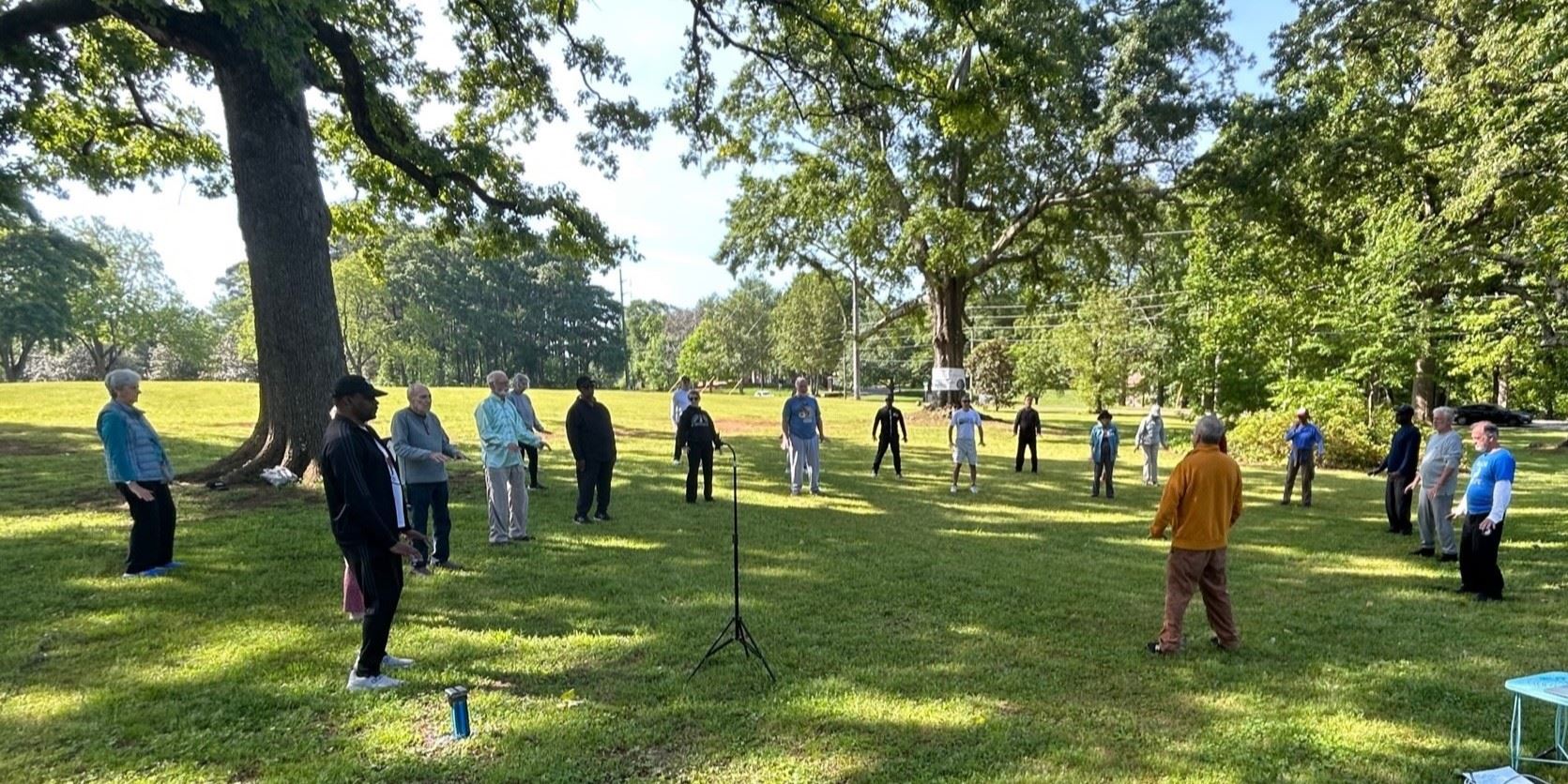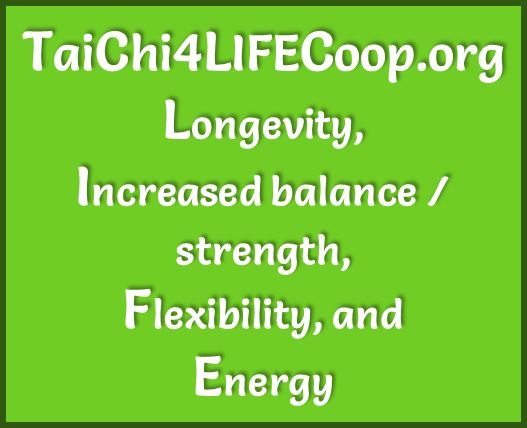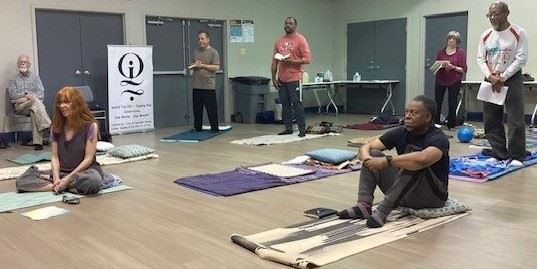- Home
- About us
 |
About Tai Chi 4 LIFE Cooperative The Tai Chi 4 L.I.F.E. Cooperative is a self-care and share learning cooperative of teachers and students which offers practical ways to reduce stress. We provide detailed teaching geared towards each individual's needs.
|
Our teaching is based on the ancient technologies of Dao Yin, Qi Gong, and Tai Chi passed through generations of teachers mostly from China and as taught to us by Dr. Michael Jamison and written about by the scientific community. We build a health baseline first and then move towards fitness. Each class focuses on adding to your practice to better attuned with nature and to discover your inner healer. Our classes are taught both online via Zoom and in-person at locations around Metro Atlanta. |
The Tai Chi 4 L.I.F.E. Cooperative adheres to the following directives for cooperatives.
1. Voluntary and Open Membership Cooperatives are voluntary organizations, open to all persons able to use the provided services and willing to accept the responsibilities of membership, without gender, social, racial, political, or religious discrimination. 2. Democratic Member Control Cooperatives are democratic organizations controlled by members who actively participate in setting their policies and making decisions through a Board of Directors. Men and women serving as elected representatives are accountable to the membership. Members have equal voting rights: one member, one vote. 3. Member Economic Participation Members contribute equally to, and democratically control, the capital of the cooperative. Usually at least part of that capital is the common property of the cooperative. Members usually receive limited compensation, if any, on capital subscribed as a condition of membership. Members allocate surpluses for any or all of the following purposes: developing the cooperative, possibly by setting up reserves, part of which at least would be indivisible; benefiting members in proportion to their transactions with the cooperative; and supporting other activities approved by members, such as paying teachers and discounts on seminars and workshops. 4. Autonomy and Independence Cooperatives are autonomous organizations controlled by members. If entering into agreements with other organizations, including governments, or raising capital from external sources, coops do so on terms that ensure democratic control by members and maintain the cooperative's autonomy. 5. Education, Training and Information Cooperatives provide education and training for members, elected representatives, managers, and employees in order to contribute effectively to the development of the cooperative. Coops also work to inform the general public about the nature and benefits of cooperation. 6. Cooperation Among Cooperatives Cooperatives serve members most effectively and strengthen their structure by cooperating with each other through local, regional, national, and international organizations. 7. Concern for Community Cooperatives strive for a compassionate economy and for the sustainable development of the community through policies approved by their members. |
|



